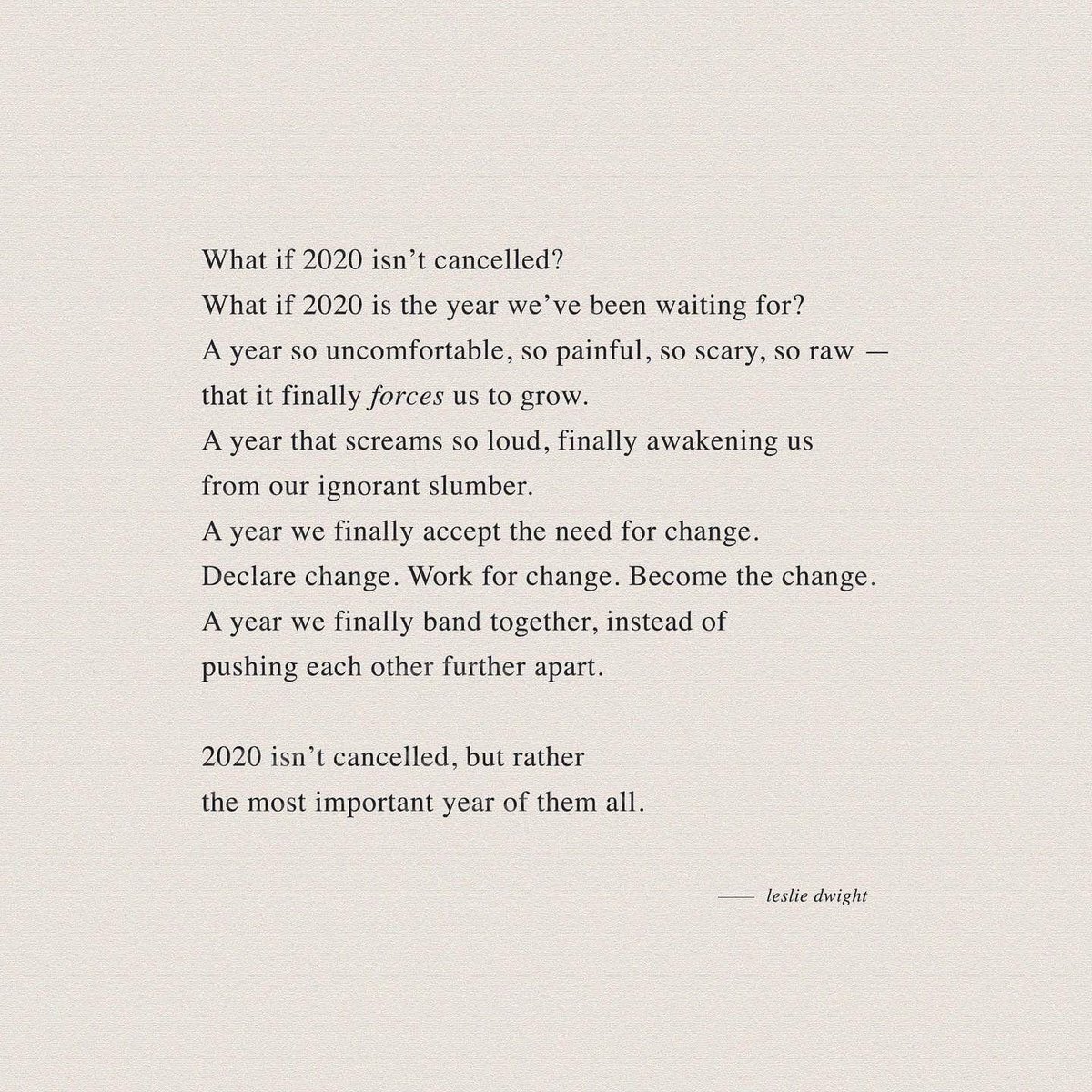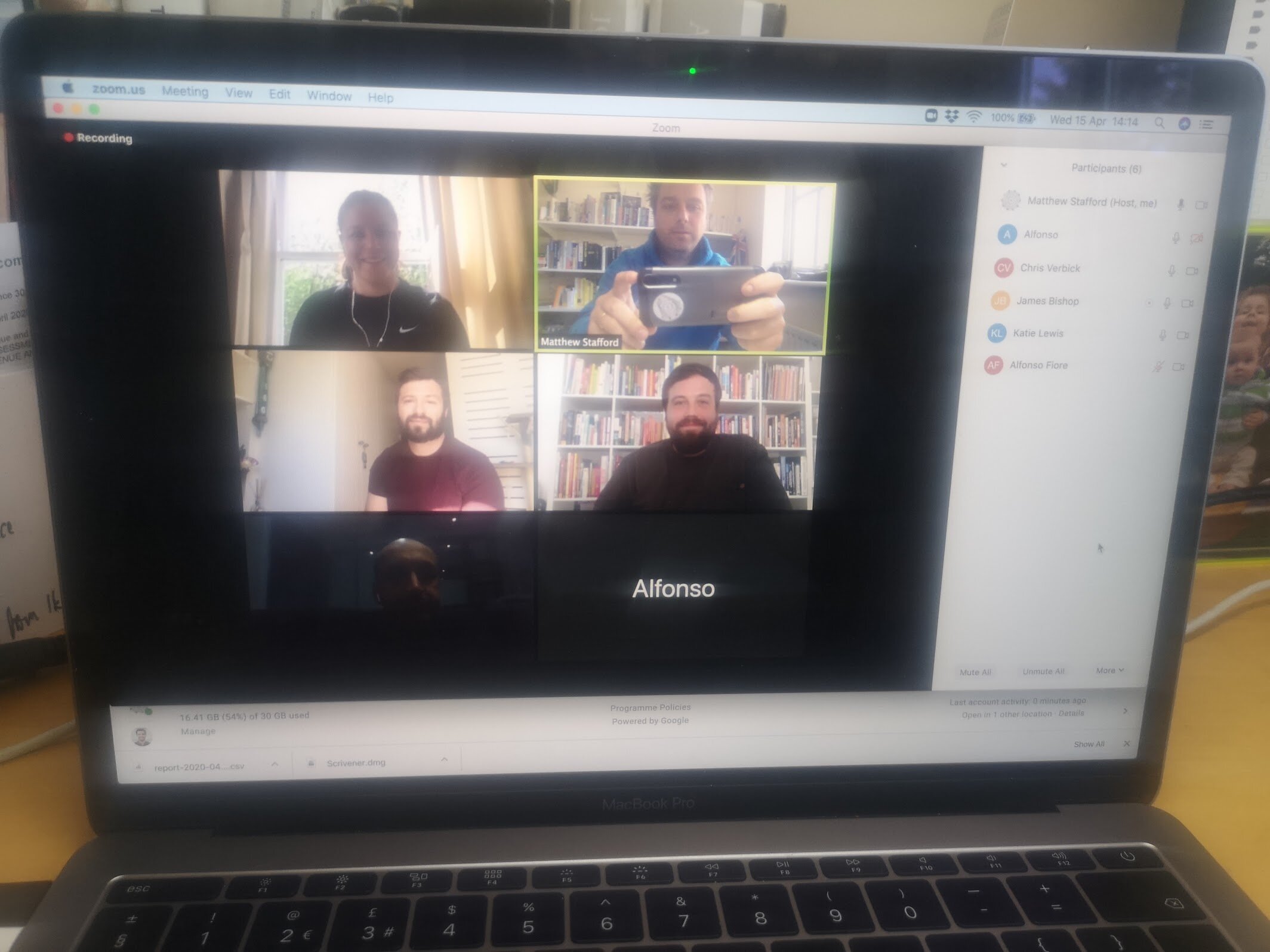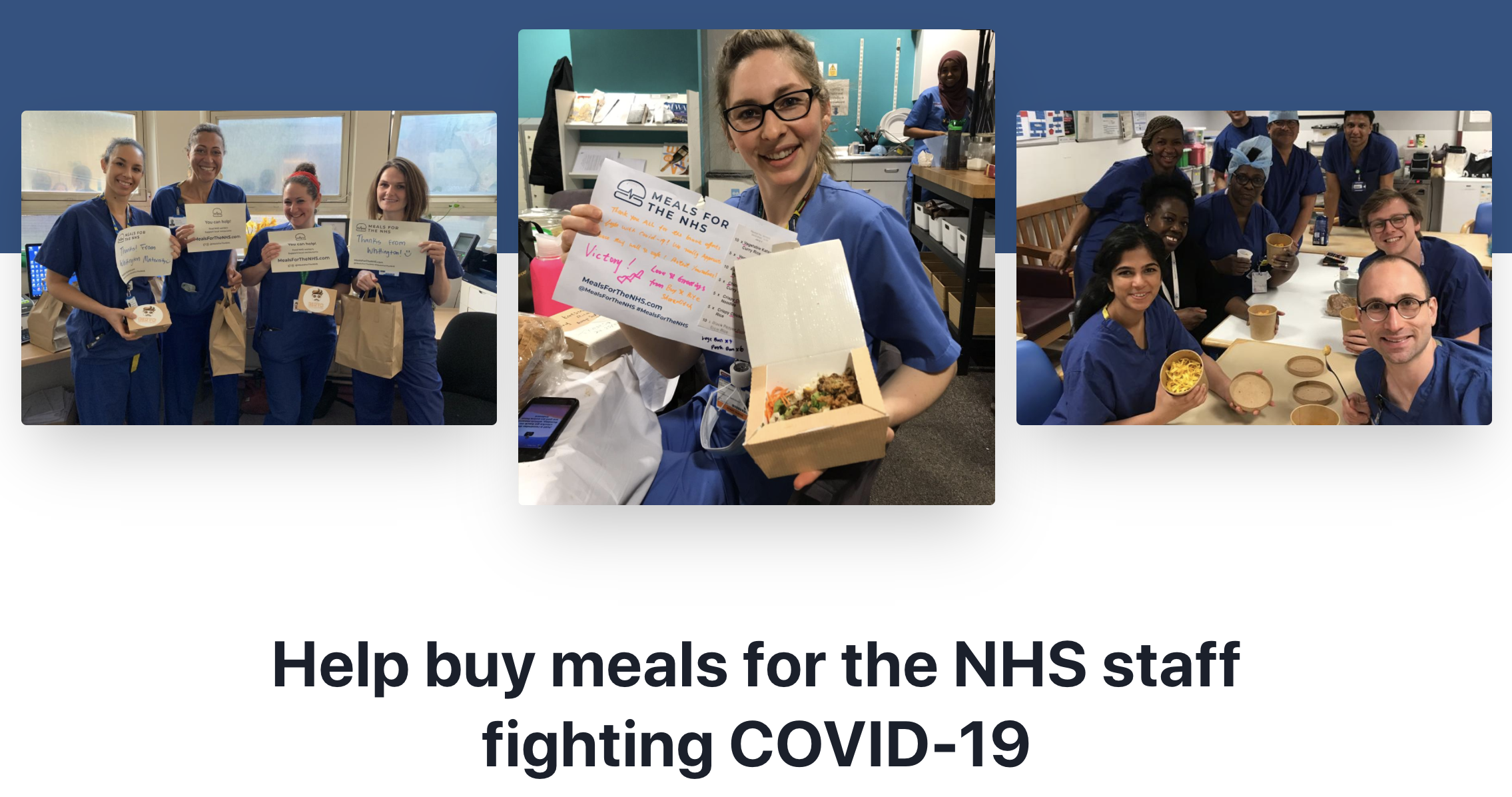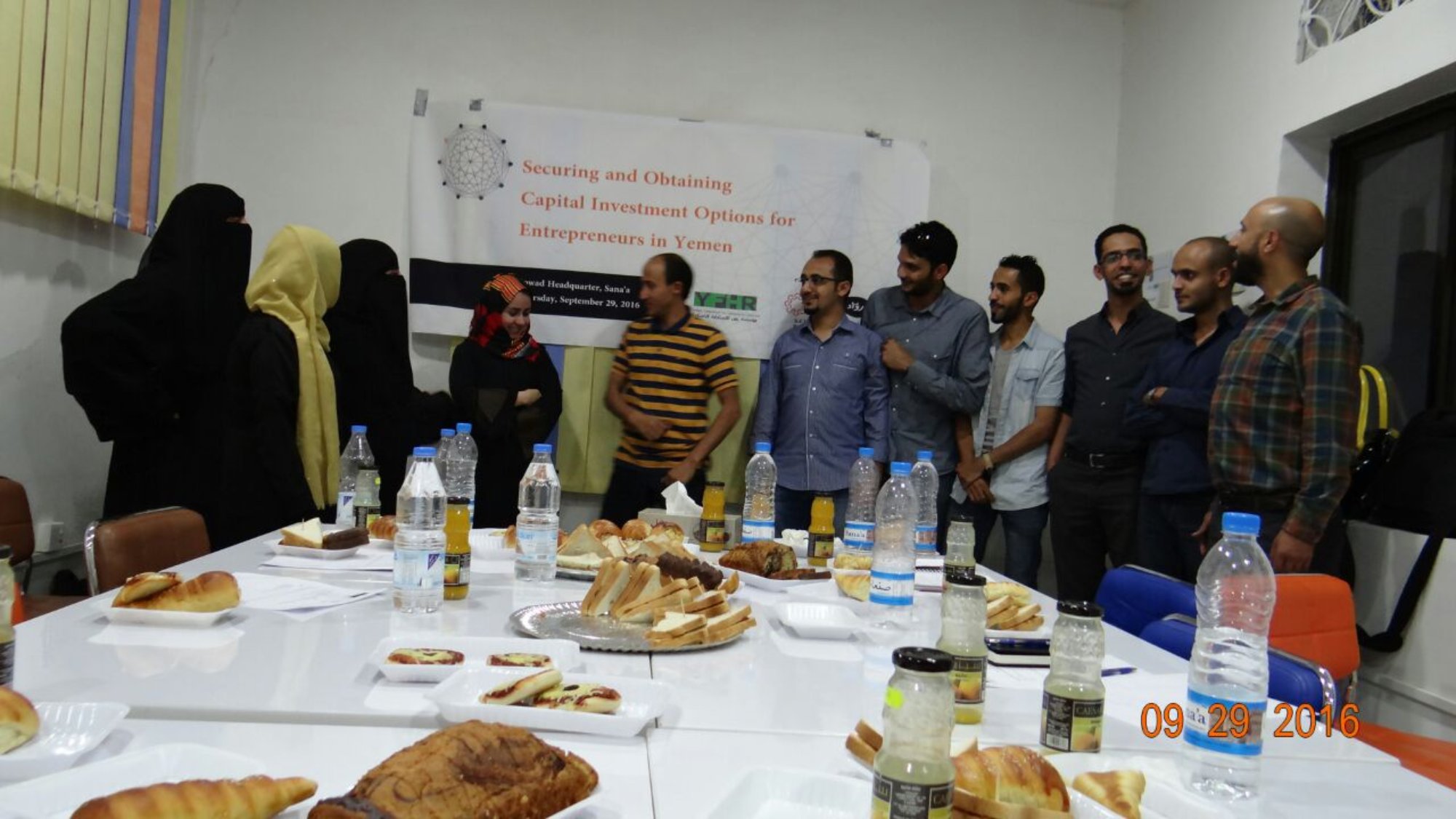Golden Rule:
There is no such thing as being ‘on time’. You are either early or you are late.
A Gift:
Being in control of meetings will allow you to control the most valuable thing you have; time.
Telephone calls:
Once agreed, you send the calendar invite
Subject: [TheirCompanyName] // 9others - [BriefSubject] (1)
Location: Matthew to call [TheirName] on 07xxxxxxxxx (2)
Time: Calls last 25 minutes
Meeting Description: Longer description if needed
If the call is a telephone call to/from a mobile then get rid of any conferencing links (Google Hangout, Zoom, Skype) that some calendars automatically include so it doesn’t cause confusion
If the call is via a conferencing link make it clear by stating, for example, “Google Hangout via this [http://xxxxxx]”
Have their mobile number (3) in your contacts so you can answer with a confident, “Hello [TheirName]” instead of a vague, “Hello..?”
Get ready for the call 15 minutes before - this includes getting a coffee, going to the loo, getting headphones ready, making sure you have good reception, checking your background (if you’re using webcam) and switching off other notifications (so they don’t interrupt the call)
At 1 minute before the call begin dialing - the phone must be ringing at, for example, 10:59:30 for an 11:00 call
If call reception is bad on their side it’s OK to end the call then text the person to say that reception is bad and to call you back if possible or reschedule
Also see ‘Rules common to both meeting types’ below
In-person meetings:
Once agreed, you send the calendar invite
Subject: [TheirCompanyName] // 9others - [BriefSubject]
Location: [PlaceName, FullAddress] (4)
Time: In-person meetings last 40 minutes (5)
Meeting Description:
I’m on 07xxxxxxxxx - call me when you arrive (6)
Include the other person’s mobile number (ask for it if you don’t have it)
www.what3words.com address
If the meeting is for you or your benefit say, “Coffees on me today” at the beginning then there’s no arguing / awkwardness at the end
Also see ‘Rules common to both meeting types’ below
Rules common to both meeting types:
The more detail you can put in the calendar invite the less you will have to scrabble around to look up in advance.
With the right detail in the calendar invite your preparation can generally be done in the 15 minutes before the meeting (looking the person up on LinkedIn, referring to the email chain that established the meeting).
At the beginning of the call or meeting the better you set it up the more productive it will be, the more in control you will be and the chances of a positive result increase.
In general people like someone else to ‘run’ the meeting so have confidence, take control and give this role to yourself.
Some ‘lines’ to have ready:
“OK, we have 25 minutes (7) for this call…”
“What I’d like to know at the end of the meeting is....”
[At 5 or 10 minutes from the end] “We’re coming to the end of the meeting, can we agree what we each do next?”
If you can finish early then finish early! Give people some time back (and happily tell them this!). This may be because it’s clear to you it won’t go anywhere or because you’ve quickly agreed how to move forwards.
In general (and especially in negotiations) the person who speaks least gets what they want - let the other person talk so you can listen - you don’t have to answer every point or justify everything in one meeting. (8)
Have just one objective in mind - what do you really want from this meeting? For a telephone call that may be simply to get on well enough so that you agree to get coffee. The simpler and clearer this objective is the better. (9)
Follow up over email within 24 hours:
Thank the person for their time, for sharing whatever they said and for listening to you
Either complete your actions or send this follow up as a ‘holding’ email, i.e. a thank you and, “I will send you my proposal by [date]...”
Don’t be afraid to WhatsApp the other person. WhatsApp is very personal - it’s as close as you can get online and far closer than email. Jumping into WhatsApp where others stick to email can accelerate your relationship, so save it for those you want to get closest to - it’s not for everyone.
(1) Having TheirCompanyName come first makes it come first in the display in your calendar - easier to read it at a glance
(2) Mobile preferred as you can text if necessary
(3) Hopefully it's in their email address signature but if not then ask for it
(4) This must be super accurate - use www.what3words.com in addition, which can be in the Meeting Description
(5) An hour is too long - you can get it all done in 40 minutes. I used to do 30 minutes but that felt a bit impersonal and short. If it's a nice lunch or with someone who's become a friend or a pleasure to be with then 60 or 90 minutes is of course fine.
(6) An explicit, "Call me when you arrive" eradicates the scenario where someone is sitting at the other end of the coffeeshop waiting for you. This also gives permission for the other person to call you (more personal) and can accelerate the relationship.
(7) Or '40 minutes for this meeting'...
(8) In particular people often feel the need to justify things - it's OK to say you'll consider that and revert.
(9) And it's not, "To win them as a client" - there are steps before that - what's the very next thing that you want to be able to do? Send a proposal? Find out who the budget holder is? Find out if they have enough budget? Find out what's working best for them right now?






